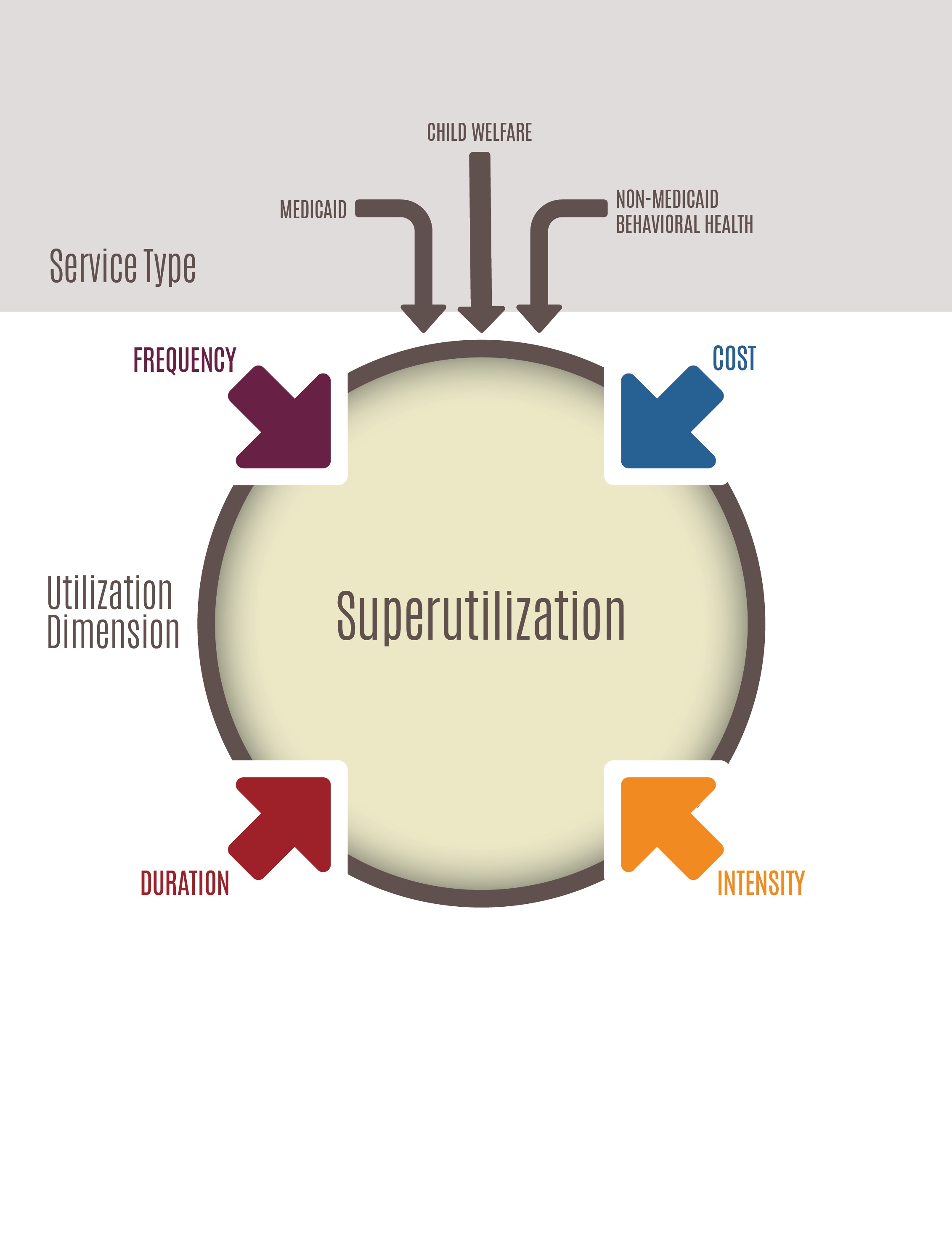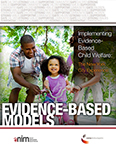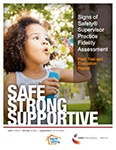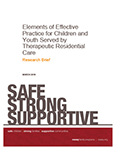How can frequent, quality family time promote relationships and permanency?
Learn about the benefits of family time for parents and children, and why it is essential for a child’s well-being.
Learn about the benefits of family time for parents and children, and why it is essential for a child’s well-being.
Mindful organizing supports better decision-making and service delivery, which lead to better child safety and improved family well-being.
This webinar series highlights Medicaid and EPSDT, addressing dental and behavioral health care needs, waivers and amending state plans.
Youth in foster care have high rates of trauma exposure. A trauma-informed child protection system can mitigate trauma’s adverse effects.

A study of high service users among youth in foster care in Tennessee and Florida using linked Medicaid and child welfare data.
The system of care approach was developed to better serve children with serious mental health conditions. Learn more about them.

This report describes the New York City Administration for Children’s Services experience incorporating 11 evidence-based and evidence-informed practice models into its continuum of preventive services.

This report describes the development of a fidelity measurement tool for Signs of Safety® — an approach to assessing safety and risk in child protective services.

This brief summarizes research on effective practices for children and youth referred to therapeutic residential care.

This report describes the Timely Permanency through Reunification Breakthrough Series Collaborative process. It highlights promising practices and outcomes.